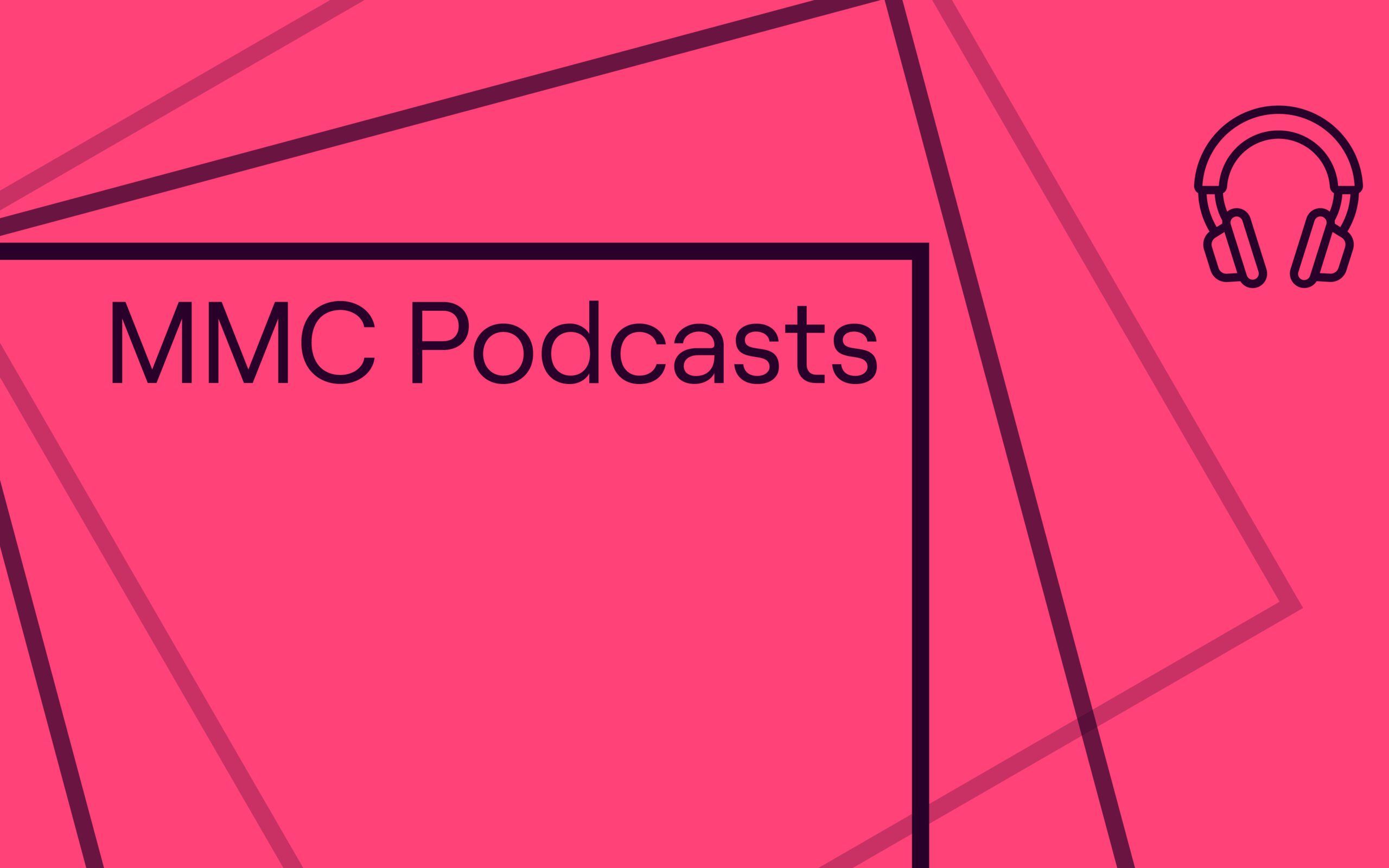This short guide on managing risk by diversifying your cash holdings was first published on MMC’s portfolio resource area on Notion.
TL:DR
- Diversify your cash via multiple accounts
- Be proactive rather than reactive
- Use online cash management solutions to help diversify and generate extra interest income
Why?
Why is it important to diversify risk?
Diversifying cash holdings is extremely important to mitigate loss in the event of a bank failure.
In the event your UK bank fails, the Financial Service Compensation Scheme provides a guarantee per bank of up to £85k; any balance above is at risk. The guarantee is NOT per account. In the USA, the FDIC guarantees deposits up to $250k; other countries vary. Opening an account with more than one bank is key to diversifying risk.
How?
Business bank accounts
- Open accounts with more than one bank
– You have the choice of opening accounts with traditional banks, online (neo) banks or e-money institutions. Online banks have no physical location and require you to do everything digitally which means they tend to come with lower fees.
– Remember that The Financial Service Compensation Scheme provides a guarantee per bank of up to £85k. The guarantee is NOT per account.
– However, the more accounts you open the more administration is involved, so avoid unnecessary accounts. - Plan ahead and open the accounts as early as possible as the process of opening bank accounts in the UK is very time-consuming due to fraud checking etc.
– Note that neo-banks have a slightly quicker and easier onboarding process than traditional banks. - Appoint more than one signatory to avoid being reliant on one individual always being available. Impose a hierarchy of permissions depending on the amounts involved.
– Ensure not all the people with back account access are on holiday at the same time or are uncontactable for long stretches simultaneously. - Keep 90 days of payroll in a secondary bank account in each region, if possible. Otherwise, aim for at least 30 days.
- In addition to your current account, banks may offer savings accounts and long-term deposits. These will generate more interest than your current account but may come with downsides of locking up your money for longer periods of time and do not diversify your cash holdings.
- It is important to understand whether you are putting your cash in secured or unsecured deposits. The main difference between secured and unsecured cash deposits is the level of protection they offer in the event of a bank failure. Secured cash deposits are backed by collateral, such as property or other assets, which can be sold off to cover any losses in the event of a bank failure. Unsecured cash deposits are not backed by any collateral, and therefore carry a higher level of risk in the event of a bank failure. The cash balance in your regular everyday bank account is unsecured.
– You should note e-money institutions are not technically banks and the insurance/safeguarding arrangements can vary. Some good advice here.
Online cash management solutions
Cash management platforms that provide access to cash deposits or Treasury and corporate securities of high credit quality are a good source of diversification for large cash holdings.
- If putting cash into anything other than bank deposits then you should think of SLY: Security, Liquidity, Yield. These should be considered in that order too.
- Plan out what risk profile your business is comfortable with and how much you want to invest
– Think about the credit rating of the different providers.
– Think about which currencies you want to use/have exposure to.
– Think about how long you want to tie up your cash, bearing in mind your business needs. In the event you have a large amount of cash to deploy or are managing multiple deposits it is prudent to stagger maturities so that, for example, one deposit may roll on a 5- or 7-day basis, another on a 14-day basis and others longer term (3, 6, 12+ months).
Venture lending
- Venture lending is a type of financing that provides debt to early-stage start-ups that have already raised some equity funding. The debt is secured by your company’s assets and is typically used to provide additional working capital, finance specific projects or extend runway. Unlike traditional bank loans, venture debt typically comes with a higher interest rate and may include equity warrants, which give the lender the right to purchase shares of the company at a future date. Venture lending can be a good way for start-ups to diversify their funding sources and extend their runway without diluting existing equity holders, providing time to achieve additional milestones.
- Be mindful of any requirements and covenants from your venture lender(s). There may be restrictions on where you can keep your cash, especially in accounts that the lender does not have security over. There may be restrictions on moving large amounts of cash across jurisdictions, or covenants requiring a certain amount of cash or months of runway to be left in an account.
- Consider spreading out your venture debt facilities. This may not always be possible as lenders prefer their debt to have seniority over other debt, but it may be possible to agree junior-ranking debt or negotiate shared security through an intercreditor agreement.
- There may be a possibility you can renegotiate your terms, so reach out to your relationship manager if you need to.
Mutual funds
- Mutual funds are a type of collective investment from multiple investors – used to invest in stocks, bonds and other assets. Mutual funds are managed by a fund manager, who decides when and where to invest your money. There are mutual funds for all kinds of assets; money market funds are likely to be the most relevant for an early-stage or growth-stage company. Mutual funds are categorised based on their risk level and potential returns.
- A money market fund is a kind of mutual fund that invests in highly liquid, near-term instruments. These instruments include cash, cash equivalent securities, and high-credit-rating, debt-based securities with a short-term maturity.
- Though not quite as safe as cash, money market funds are considered low-risk on the investment spectrum.
- A money market fund generates income (taxable or tax-free, depending on its portfolio), but little capital appreciation.
- Money market funds can be used as a place to park money temporarily before investing elsewhere or making an anticipated cash outlay, or to store excess cash over the medium-term.
Who?
Online Cash Management Solutions
- TreasurySpring provides a cash management platform that offers access to secured and unsecured cash deposits across a wide range of large global banks, in addition to Treasury and corporate securities of high credit quality. This can be a good source of diversification for large cash holdings at a variety of maturity durations. N.B. TreasurySpring is an MMC portfolio company.
- Flagstone is an online cash management solution that can provide access to cash deposits.
Emergency Funding Programmes
In the event a bank does fail and you need to access emergency cash, below are some programmes that may be able to help.
- Uncapped is a program that can provide emergency funding in the event of a bank failure. The program is not limited in terms of the amount of funding that can be provided.
- Bloom is a program that provides emergency funding in the event of a bank failure. It offers affordable growth capital for businesses and can be used as an emergency funding program.
- SeedFAST is a program offered by SeedLegals, which provides a fast platform for managing your capital raise, for example to help existing investors provide bridge funding quickly.
- FundingCircle is an online platform for small businesses to access loans from a range of investors.






